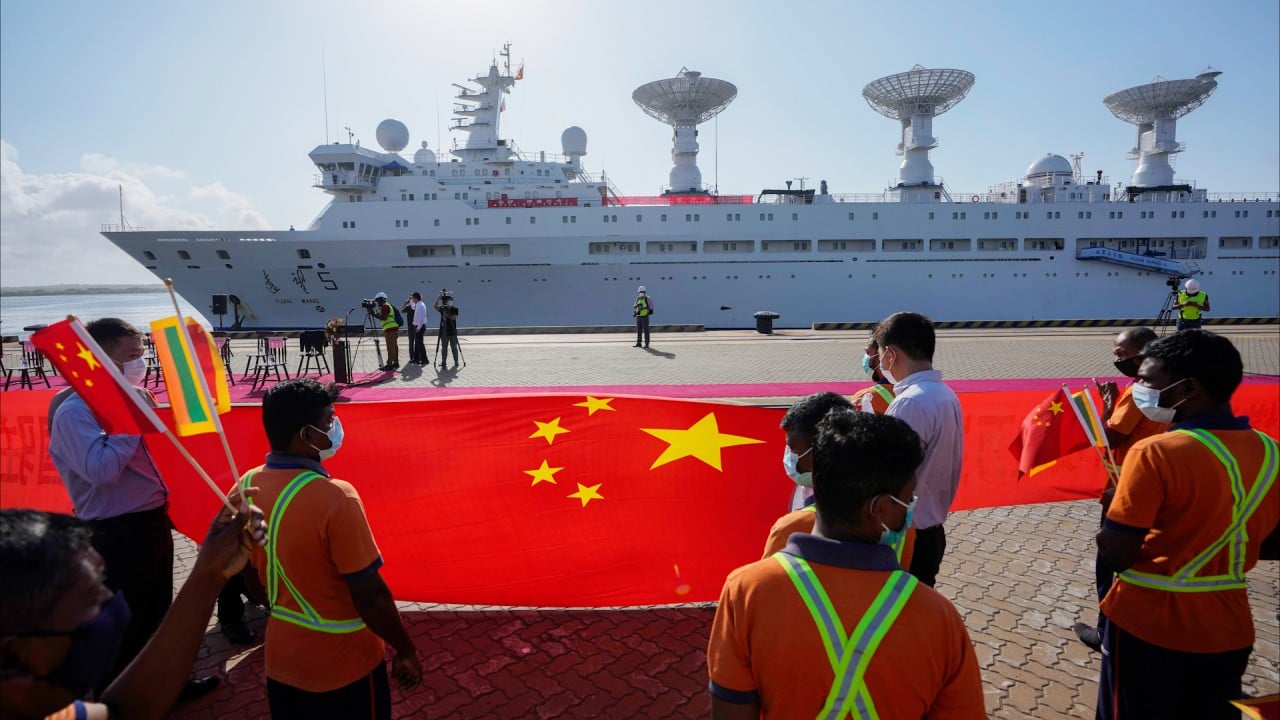
This level of engagement is necessary to avoid an unintended potential conflict, which our fragile world cannot afford to have. As Xi said in San Francisco, succinctly: “Planet Earth is big enough for both our countries to succeed.”
While China faces severe headwinds, some well-informed observers believe many of its fundamental economic measures remain stable.
A booming US economy and a Chinese crash? Think again
A booming US economy and a Chinese crash? Think again
Highly regarded think tank The Conference Board expects China’s economy to grow by 5.2 per cent this year, an enviable level of expansion – especially against its US forecasts of 2.4 per cent growth this year, and just 0.8 per cent next year when a short recession is expected.
Of course, a stable and prudent fiscal policy will be a crucial determinant. Still, China is well positioned to overcome its economic hurdles due to its digitisation, sustainable industrial development and technology.
So, will Hong Kong benefit from a thaw in geopolitical relations? Or will the US and Europe continue to use Hong Kong as a pawn in a broader geopolitical game?
Perhaps common sense will prevail alongside the views of the Global South and a growing awareness elsewhere that Hong Kong will continue to play a critical and strategic role for now under our unique “one country, two systems”.
Bernard Chan is a Hong Kong businessman and former Executive Council convenor








